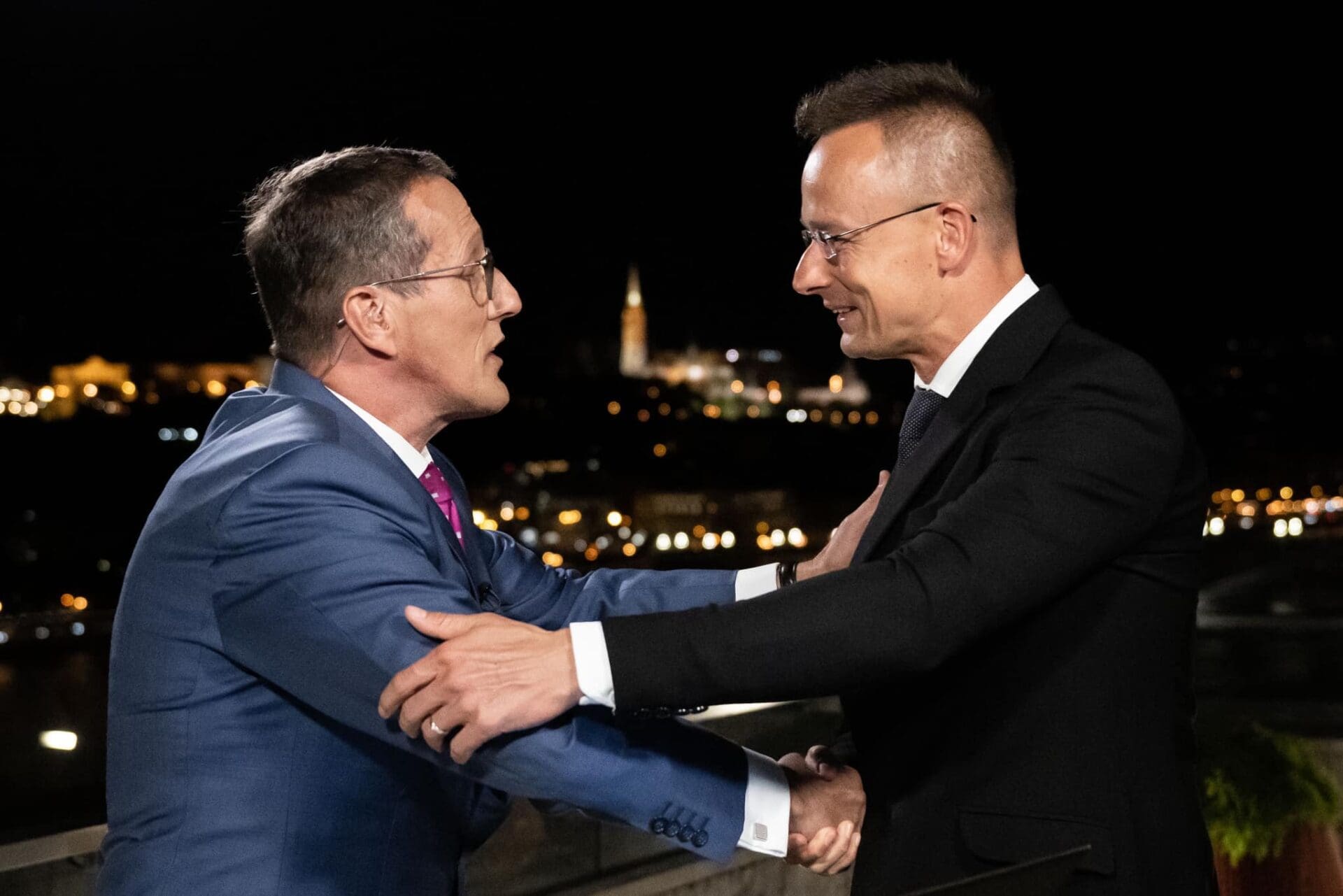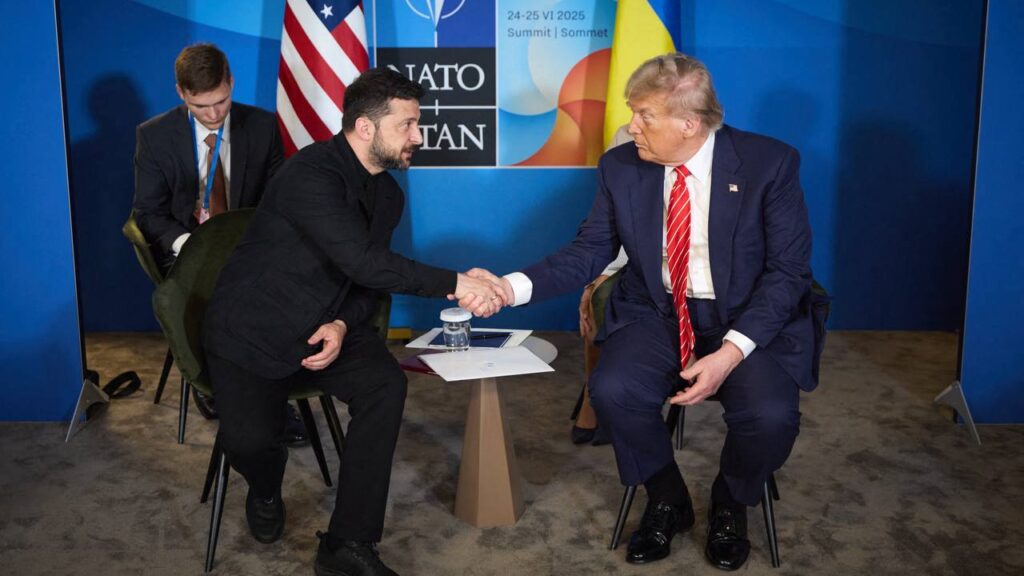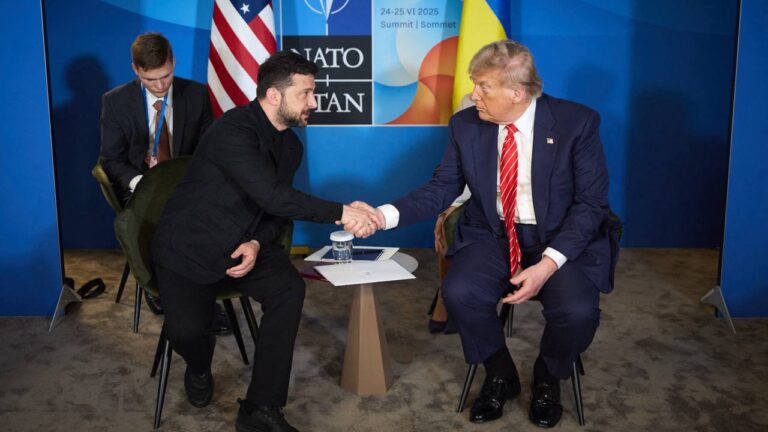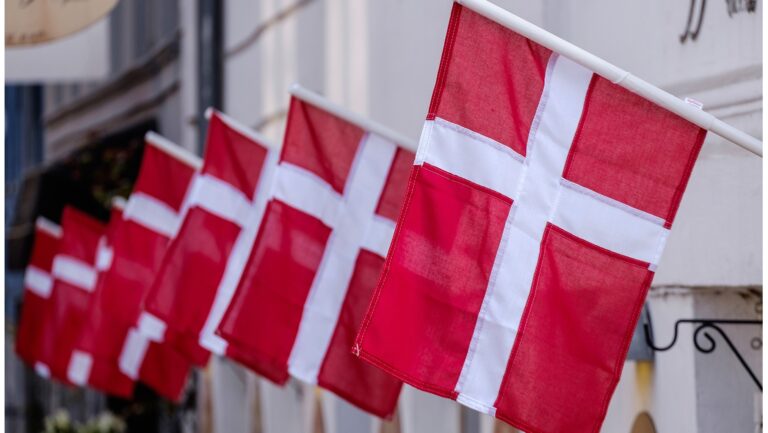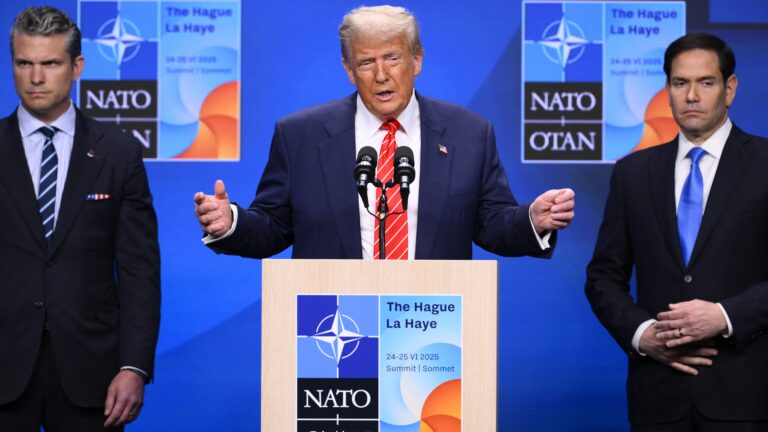If there were systemic corruption in Hungary, there would be no growth, investors would not come, and they would not bring their money here, Minister of Foreign Affairs and Trade Péter Szijjártó declared in the Budapest special edition of CNN’s Quest Means Business.
When asked by the host, Richard Quest, about the Organization for Economic Cooperation and Development’s (OECD) recommendation for Hungary to make significant progress in handling bribery and corruption, Szijjártó responded that Hungary is a country on a clear growth path, despite all kinds of difficulties, including the coronavirus pandemic, wars in neighbouring countries, and the withholding of EU funds by Brussels. The minister said: ‘The economy is growing year by year. We break investment records every year. Do you think all this would be possible if there were systemic corruption?…So this is clearly just an accusation.’ He remarked that Quest should have talked to local investors or large corporations coming from Germany, France, and the United States and ask them if they have experienced anything similar.
In the interview, Szijjártó called the attacks against Hungary offensive. He suggested the constant criticism can be put down to the fact that ‘there is a government here that is clearly against the mainstream.’ ‘This is a right-wing government, a Christian Democratic government, a very patriotic government that goes against the international liberal mainstream on many important issues, and yet this government is successful. Winning an election is a very complicated thing, but winning four consecutive elections with a large majority is even more difficult,’ Szijjártó stated.
Richard Quest raised the issue of Uganda’s ‘anti-gay law,’ to which Péter Szijjártó said he was not familiar with the specific legislation, but if anyone is threatened because they believe in something, ‘because they belong to any community, because they fall in love with someone, and they are threatened for it—even with the death penalty—I strongly condemn it, because in this country [Hungary], regardless of who you love or what community you belong to, you are safe and protected by the constitution.
And as long as this government is in place, nobody needs to be afraid, no matter what community they belong to, or who they love,’
he said.
When queried about his remarks made at the recent inauguration of a cultural centre, in which he said that certain NGOs promote ‘godless ideologies’, the minister said he did not mean it in the way many perceived. ‘Because you know, I am a believer, I believe that religion is very important, and religion must be respected, and one thing we must be aware of is that Christianity has unfortunately become the most persecuted religion on Earth. And you know, this country has a more than thousand-year-old Christian statehood. So, we really feel responsible for the world’s Christian communities that are being persecuted. And we will continue to help them, as the Holy Father also acknowledged it, who visited us last weekend,’ he said.
The war in Ukraine was also discussed in the interview. Richard Quest asked Péter Szijjártó whether he thought it was the Ukrainians who had carried out the drone attacks against the Kremlin. The minister replied that he did not know, but one thing was certain: the longer this war lasts, the more such events can happen, and the more such events happen, the greater the risk of escalation. ‘So, as a representative of a neighbouring country that is in great danger due to a possible escalation, I urge the earliest possible end to this war. Once it is over, there will be no more events like this, and then we have a greater chance of saving people’s lives,’ the minister emphasised.
In response to another question, he said that NATO is not involved in the conflict, and everything must be done to prevent NATO from becoming part of the conflict and not getting into direct confrontation with the Russian Federation. ‘So, we stick to NATO’s decision on this, and I hope this decision will remain in effect in the future, because if NATO were to be directly involved in this conflict, it would carry the risk of a third world war. And none of us would like that,’ he remarked.
Peter Szijjártó drew the attention of the host to the fact that Hungary and the Hungarian people have already paid a very high price for this war: inflation, energy prices, and food prices have skyrocketed. Hungary has done a lot to help the Ukrainian people in this war, he reminded, noting that more than a million refugees have been taken in by Hungary. More than 1,300 schools and kindergartens now host Ukrainian children and students. ‘We have done everything to help the Ukrainian people. But one thing we will not do: we will never take any step that would carry a greater risk of escalation. Please understand this: as a neighbouring country and as a member of a nation whose members are dying in this conflict, we will do everything to stop this war. This is the most important question,’ the minister underscored.
Related articles:

